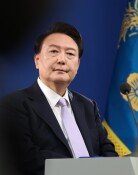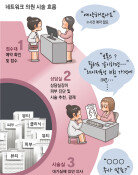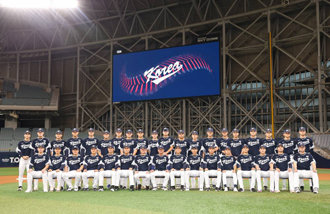[Editorial] Govn`t Should Clear All Misconceptions and Puzzles Regarding FTA Negotiations
[Editorial] Govn`t Should Clear All Misconceptions and Puzzles Regarding FTA Negotiations
Posted April. 06, 2007 08:01,
Although the main framework of the Korea-U.S. Free Trade Agreement has been disclosed to the public, disputes remain over the interpretation of some provisions under the pact. While anti-FTA camps have slammed on some provisions, which they refer to as poisonous clauses, some provisions contain details in which politicians and trade experts provide different views.
A good example would be investor-to-state dispute (ISD) cases. Investor-to-state dispute is a system in which a foreign investor may have recourse to ICSID (International Centre for Settlement of International Disputes) in the event that the foreign national company is damaged by the investing governments policies. According to the agreements, sectors including environment, security, housing price stabilization and tax policies will be excluded from indirect appropriation. However, they might be subject to the ISD especially if the governments steps go beyond the limit.
ISD is a two-edged sword. By taking advantage of this system, ISD will serve to protect Korean investors abroad. On the other hand, however, ISD opens the possibility of foreign investors and speculators provoking quarrels with the government. Korea has no other choice but to prepare thoroughly in case of ridiculous disputes, in order to win any lawsuits. The Metalclad case, (where the U.S.-based waste disposal company filed a complaint with ICSID), which was mentioned by anti-FTA groups, will be a valuable lesson. This company, which had constructed a waste disposal plant with the permission of the Mexican government, filed a lawsuit against the Mexican government, after the local government retracted its permission due to contamination of the local groundwater. Ultimately, the company received compensation of $16 million.
As for negotiated sectors involved in puzzles such as ISD, the government should offer implicit explanations until the specific details and clear all misconceptions about the accord. It will be necessary to provide supplementary explanation before the public disclosure of the accord which is slated for May. Regarding automobile negotiations, the government should address its opinion as to whether launching a swift dispute settlement procedure will be beneficial or not compared to general settlement procedures.
Under the system of the U.S Congress, 33 advisory committees have been asked to submit reviews on the details of the FTA negotiations within 30 days upon receiving the results of the FTA negotiations. The Korean National Assembly also needs to follow the lead of the U.S. system and assure that experts from each sector can review objectively the details of the negotiation results. At yesterdays general meeting of Unification, Foreign Affairs & Trade Committee and Agriculture, Forestry, Maritime Affairs & Fisheries Committee, some raised arguments for a hearing and investigation in relation to the government reviewing the details of the FTA negotiation results. However, hearings intended only to find faults should be avoided.
Headline News
- Pres. Yoon addresses the nation at a press conference
- LX Group chairman gifts 100 million won to employee family welcoming quadruplets
- Tax-exempt shared offices in rural areas misused as tax havens
- President-Elect Trump promises 'peace through strength'
- French gambler wins 67.2 billion won by betting on Trump’s election win







